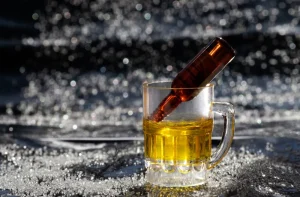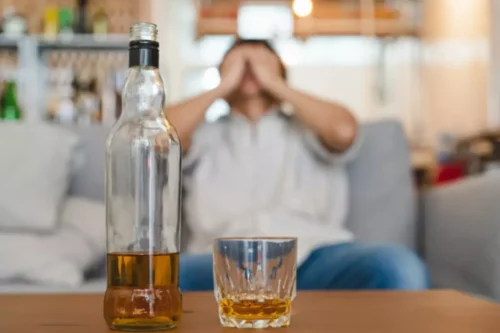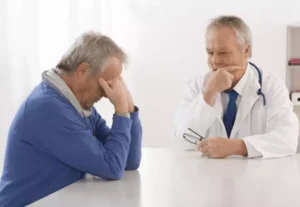
Furthermore, research has shown that excessive alcohol consumption can lead to insulin resistance in the liver which can also contribute to sugar cravings. When it comes to alcohol and sugar, there is a clear link between the two. Alcoholics often crave sugar because of how alcohol affects their bodies. When you consume alcohol, your body’s blood sugar levels drop rapidly. This can make you feel tired, irritable and hungrier than usual.

Contents
- 1 Ways To Detox Microplastics From The Brain (& Reduce Alzheimer's Risk)
- 2 Nutritional Strategies to Manage Sugar Cravings
- 3 Year-Old Alzheimer's Patient Shows Us Proactive Brain Care Is Critical
- 4 Understanding Your Sugar Cravings After Quitting Alcohol
- 5 Can You Rewire Your Cravings?
- 6 Empowering Student Opioid Addiction Rehab
- 7 Heavy Drinking Can Cause Low Blood Sugar
Ways To Detox Microplastics From The Brain (& Reduce Alzheimer's Risk)

Sugar can impact the brain's neural pathways, influence self-esteem, and pose a risk for alcohol relapse. Understanding why recovering alcoholics crave sugar involves delving into the complex interplay of biological and psychological factors. Studies have shown that excessive sugar intake can lead to behaviors similar to drug addiction, suggesting a strong link between the two. This includes https://ecosoberhouse.com/ bingeing, withdrawal, craving, and cross-sensitization, all of which can contribute to sugar cravings in individuals recovering from alcohol use disorder (AUD). There seems to be a distinct link between addiction and sugar cravings that many addicts experience in recovery. If you’re a recovering alcoholic, you may have expected some discomfort and other challenges, but not this.
Nutritional Strategies to Manage Sugar Cravings
Not only does sugar’s long-term effects on the body – like cardiovascular disease and type 2 diabetes – pose a problem, but the goal of sobriety is to not be reliant on any substance. If you’re prone to addictive behaviors, then you may be more likely to turn to other alternatives, such as sugar, to stay sober. But what does that have to do with sugar cravings do alcoholics crave sugar after quitting drinking? Well, craving sugar after stopping alcohol is the result of a whole culmination of reasons. This behavior parallels alcohol addiction, where frequent drinking can lead to changes in the brain’s dopamine system, making it harder to experience pleasure without alcohol. The latter is called anhedonia, and it’s really common in sobriety.
Year-Old Alzheimer's Patient Shows Us Proactive Brain Care Is Critical
And so, your body needs maybe more calories, maybe more carbs. If someone’s on a low carb diet, they might be craving a lot of sugar because your body and your brain are actually missing that glucose. Let me just get that out of the way. I just wanted to dive into that, because it’s something that comes up a lot. So, can we dive into clearly, sugar cravings when you quit? It’s something lots of people experience.
Understanding Your Sugar Cravings After Quitting Alcohol
However, just because someone experiences cravings does not mean they have AUD. Alcohol can also send dopamine signals to the nucleus accumbens. This area of the brain is often referred to as the pleasure center.

Can You Rewire Your Cravings?
Dana facilitates Nutrition groups in addiction centers. She also does private coaching for those struggling with their eating habits or relationship with food. She’s been sober for four and a half years and is a retired Chardonnay drinker. Dana lives in Lake Worth, Florida with her husband and two boys who are both COVID Babies. So, wow, they must be really young, Dana.

Empowering Student Opioid Addiction Rehab
Heavy Drinking Can Cause Low Blood Sugar
- Drug rehab involves a comprehensive process of detoxification, personalized therapy, and ongoing aftercare to help individuals overcome substance abuse and maintain long-term sobriety.
- Drinking water may also help with bloating or other symptoms.
- If you're concerned about sugar cravings, the first step is to identify what factors are at play in your life.
- Dana facilitates nutrition groups in addiction treatment centers and offers private coaching for those struggling with their eating habits or relationship with food.
- They can either be low or no-calorie.


